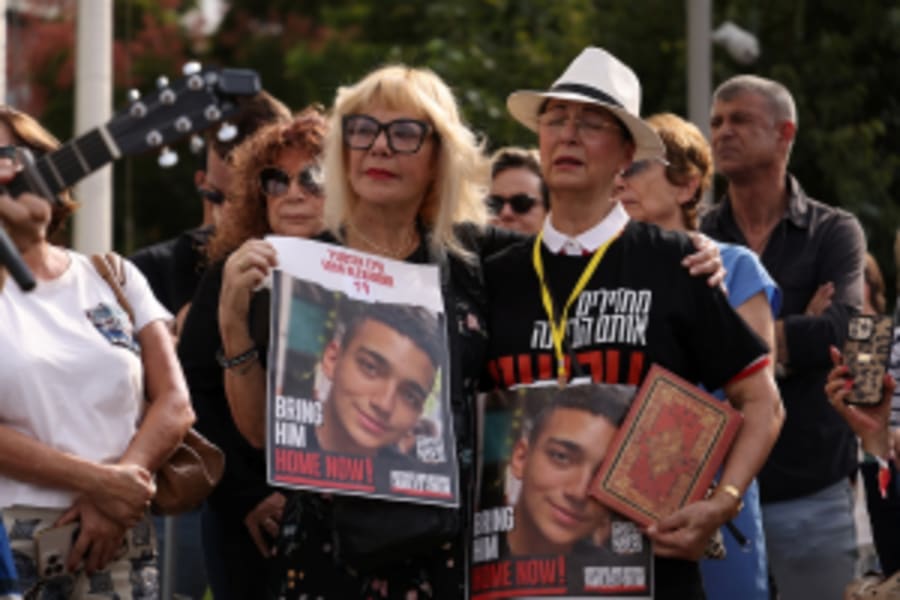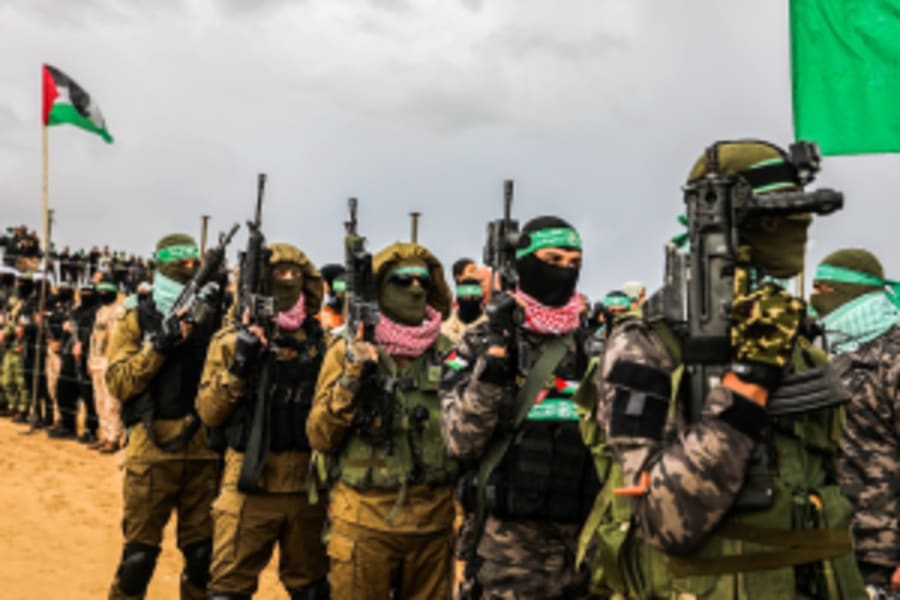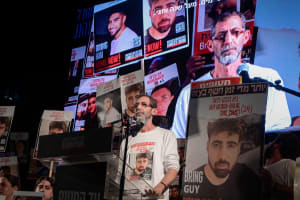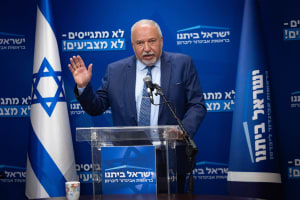Blinken says West Bank tensions complicate potential Saudi-Israeli normalization
Saudis have been clear that any potential Saudi-Israeli agreements depend on Israel's progress with the Palestinian Authority

U.S. Secretary of State Antony Blinken warned on Wednesday that the current violence in the West Bank complicates the prospects of realizing a normalization between Saudi Arabia and Israel.
“We’ve told our friends and allies in Israel that if there’s a fire burning in their backyard, it’s going to be a lot tougher, if not impossible, to actually both deepen the existing agreements, as well as to expand them to include potentially Saudi Arabia,” Blinken said.
“It’s also, at least in our judgment, as Israel’s closest friend and ally, profoundly not in Israel’s interest for this to happen — both because of the added degree of difficulty that this presents for pursuing normalization agreements, or deepening them, but also because of the practical consequences,” the secretary added.
Blinken warned that Israeli entrenchment in the West Bank risked draining the country’s resources needed for its defense and continued development.
“If Israel were to find itself — either by intent or by accident — responsible for the West Bank with three million Palestinians and 500,000-plus settlers, what is that going to mean in terms of the allocation of resources, including security resources, that Israel otherwise needs to be concerned about when it comes to Gaza, when it comes to Lebanon, when it comes to Iran? It doesn’t really add up,” said Blinken.
Recently there has been an increasing amount of Palestinian terrorism against Israelis in the West Bank, also known as Judea and Samaria.
In the weekly cabinet meeting on Sunday Israeli Prime Minister Benjamin Netanyahu said that the government's response to terror would be to ‘deepen roots’ through legal Jewish settlement in the West Bank.
In early June, U.S. State Department Spokesperson Matthew Miller said Washington was “deeply troubled” by Israel's plans to expand Jewish communities beyond the Green Line.
"As has been longstanding policy, the United States opposes such unilateral actions that make a two-state solution more difficult to achieve and are an obstacle to peace," stated Miller.
Saudi Ambassador to the U.S. Princess Reema bint Bandar Al Saud recently said she envisioned Israel becoming part of a future “integrated Middle East.” However, the Saudis have been clear that any potential Saudi-Israeli agreements depend on Israel's progress with the Palestinian Authority.

The All Israel News Staff is a team of journalists in Israel.













